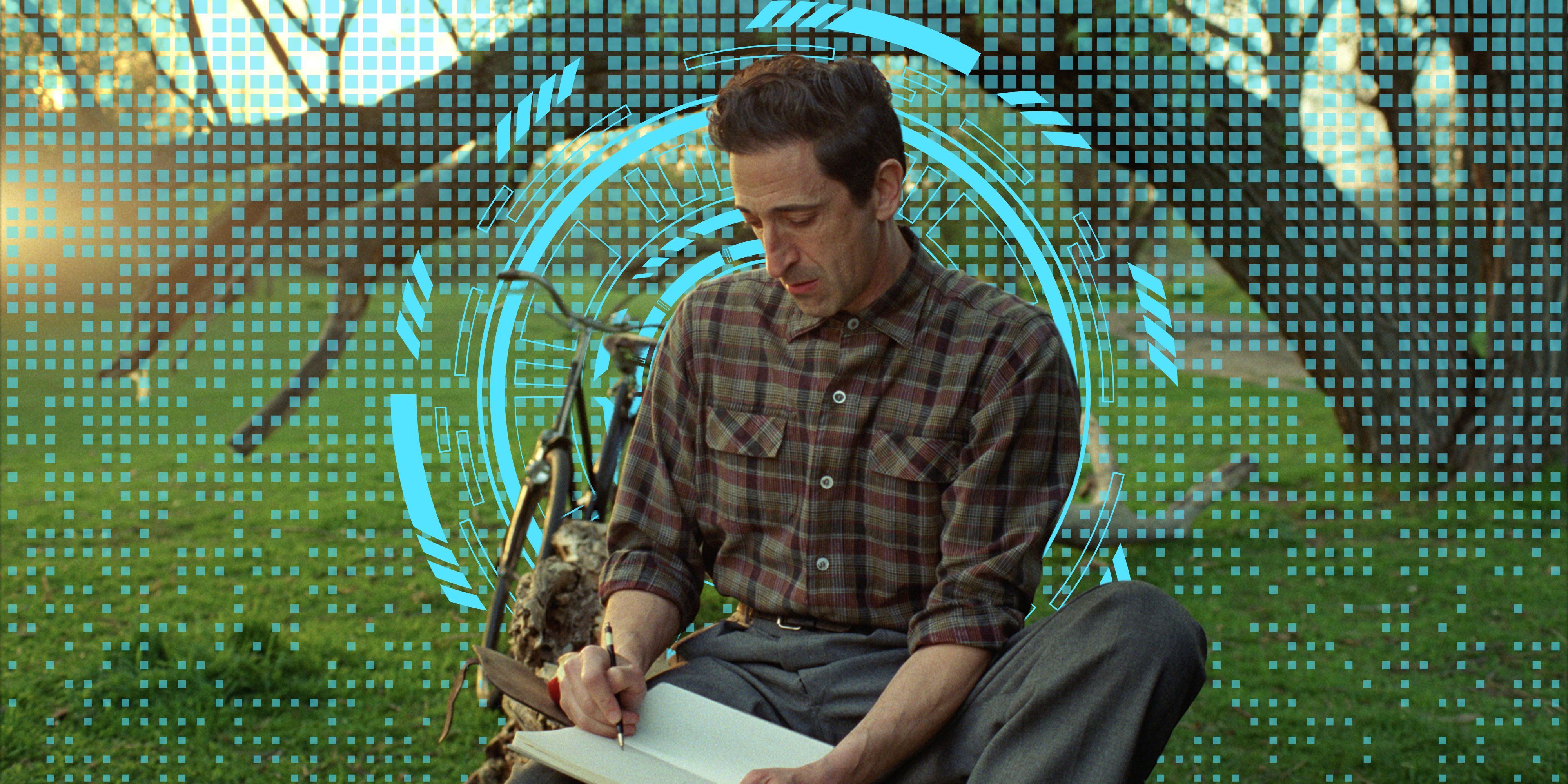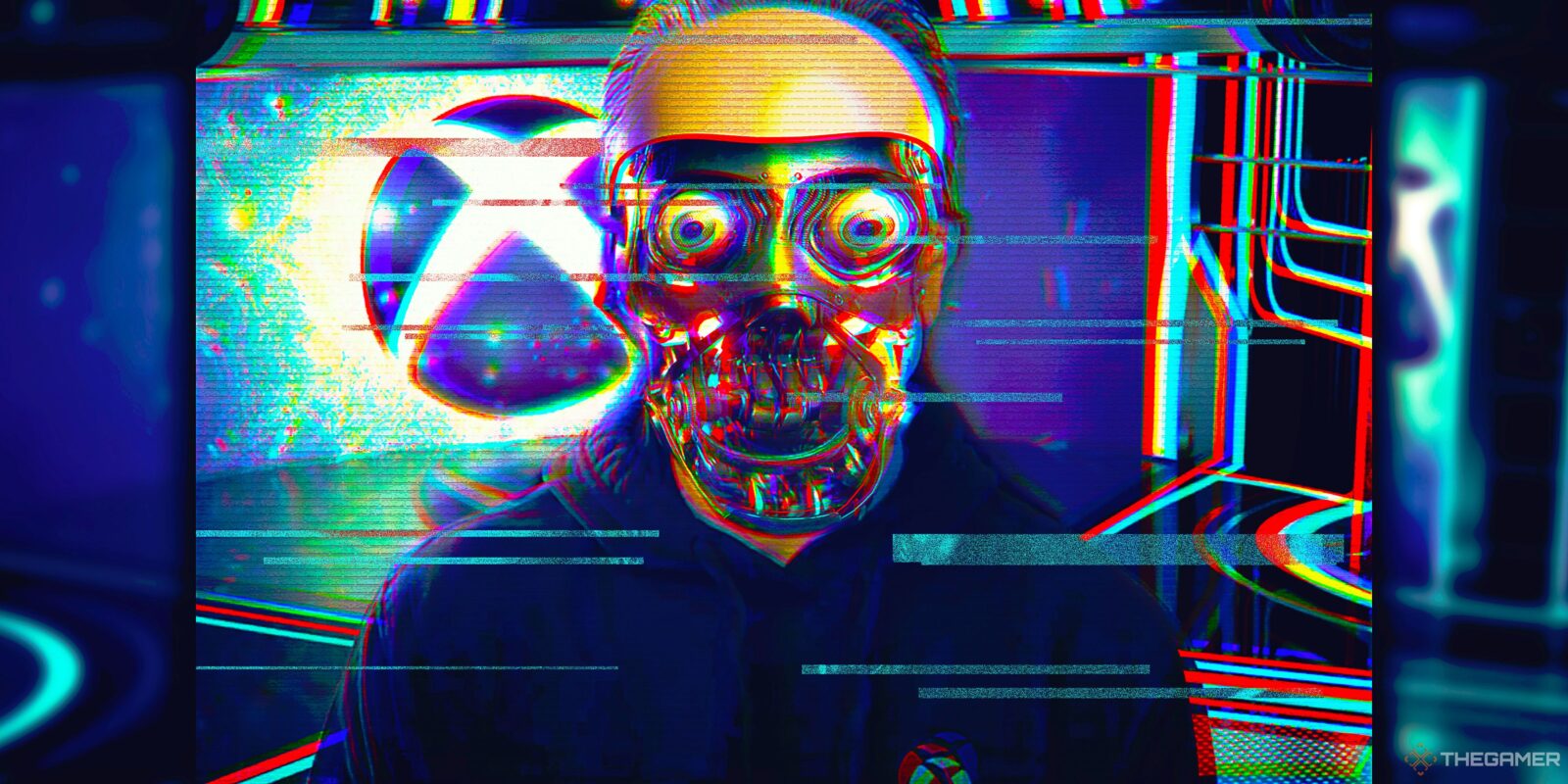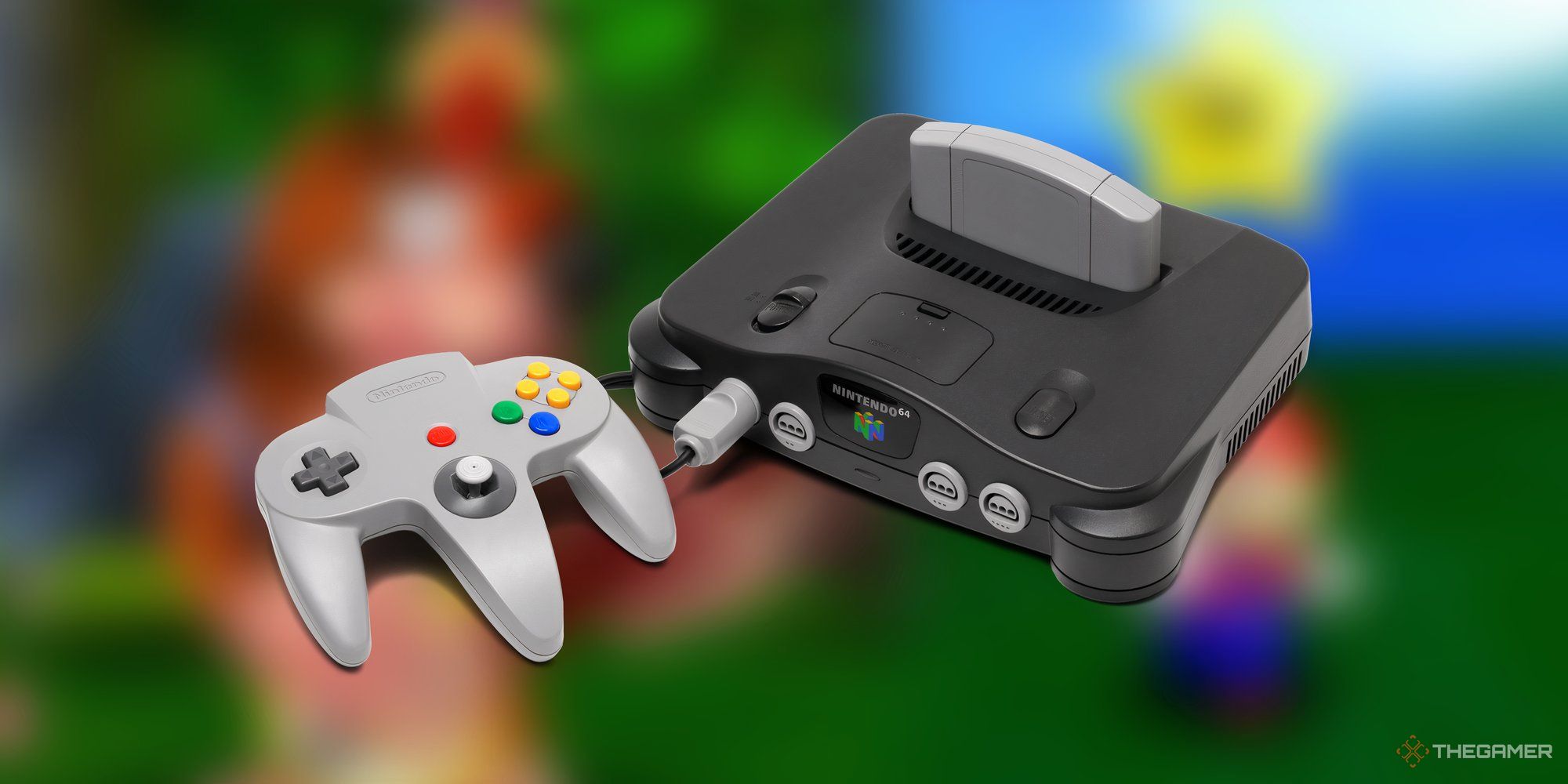Living through the inevitable expansion of generative AI into every field feels a little like living through the big reveal in They Live. In John Carpenter’s 1988 sci-fi classic, a drifter finds a pair of sunglasses that allow him to see what the world really looks like. Under the veneer of everyday Los Angeles, the barely-disguised real world is ruled by aliens. Things that once seemed good and entertaining — like chocolate bars and TV shows — are revealed to be deeply compromised.
As I see generative AI gradually get its hooks into the games industry, I worry that, in a few years, there won’t be much humanity left, just the veneer of artistry, slathered over ones and zeroes. Xbox’s recent announcement of Muse, a generative AI model “for gameplay ideation,” developed by Ninja Theory and Microsoft Research, is a reminder that video games aren’t safe from this invasive technology — even if gamers really don’t seem to want generative AI in their games.

Related
Why AI Should Rule The Brutalist Out Of The Oscar Race
Adrien Brody’s performance is a computer-aided turn.
Tech Isn’t Fun Anymore
This article isn’t really about Muse, as much as the broader feeling that new tech trends increasingly feel like huge bummers. ChatGPT is widely popular, but much less accurate than a simple Google search would have been five years ago. AI generated images are beginning to take the place of production artwork and visual effects in movies like Late Night with the Devil and Alien: Romulus. Before the AI wave, Meta was trying to sell us on using VR goggles for work meetings and crypto enthusiasts were hyping really expensive JPEGs.
Everything has a camera (even your parents’ doorbell), all your data is for sale, and the surveillance state is expanding as a result. Generative AI and NFTs are both awful for the environment. NFTs were the embodiment of art as conspicuous consumption, and generative AI can only exist on the backs of human artists going uncompensated for their labor. The big trends in tech all suck, and given that video games are so fueled by technological advancements, games can’t help but be affected, too. The PS5 Pro was sold on the power of its AI upscaling, and Xbox is using Muse to generate gameplay renderings and ideas instead of putting that expertise in the hands of living, breathing people.
The ’90s And ’00s Were A Boom Time For Consumer Tech
It hasn’t always felt like this. Throughout the ’90s and ’00s, tech advancements were often fun. Widely available PCs let you play cool games like Doom. The iPod let you carry thousands of songs in your pocket, supplanting the thick CD binders we had to carry around on road trips in years prior. The iPhone did all that, too, plus a whole lot more, with access to the Internet, video games, GPS, and an endless array of apps like Shazam that fulfilled oddly specific needs in ways you wouldn’t have imagined possible a few years before.
Each generation of game consoles brought cool new advancements, too. The leap from 2D to 3D with the N64/PS1 generation was mind blowing. Less than a decade later, the DS and PSP made it possible to play games at that graphical level (or better) on the go. The DS also had all sorts of features — like its touch screen and microphone — that seemed like magic tricks, and the Wii continued that trend with its motion controls. Games like Rock Band felt new, and playing Uncharted 4 for the first time seemed like the absolute pinnacle graphics could achieve. The Switch remains one of the coolest pivot moments in gaming history, as current-gen console games became playable handheld.
All of those technological advancements were the product of human ingenuity, enabled by machines. Video games, as a medium, have always been a marriage of the two. Almost all art is dependent on this relationship, though it isn’t always quite so obvious. Books being printed and bound is reliant on technology, as is filming something with a camera, as is painting with a factory-made paintbrush using synthetic paints. But those artforms have never been capable of anything without people — an author to write the book, a director to stage the action, a painter to wield the brush. Generative AI, on the other hand, offers to take over the creative process, cutting people out of the process (beyond the perfunctory entry of a prompt).
I don’t want generative AI in my video games. I want tech to be exciting, but I don’t want it to replace people. At the end of the day, I still want to feel humanity on the other side of the screen.

Next
Black Ops 6 Using Generative AI Is Inexcusable
Necroclaus is just one example of Activision Blizzard apparently using the tech to cut corners.













Leave a Reply